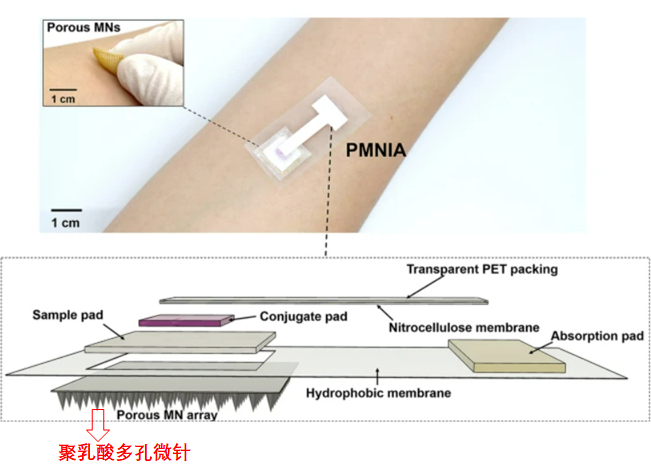Latest News: Japanese researchers have developed a new antibody-based method for rapid and reliable detection of the new coronavirus without the need for a blood sample. The findings were recently published in the journal Scientific Reports.
Ineffective identification of people with Covid-19 severely limits the global response to the Covid-19 outbreak, exacerbated by high rates of asymptomatic infection (16%–38%). To date, the main method of testing has been to collect samples by swabbing the nose and throat. However, the application of this method is limited by its long detection time (4–6 h), high cost, and requirement for specialized equipment and medical personnel, especially in resource-limited countries.
Another complementary method to confirm SARS-CoV-2 infection is to test for SARS-CoV-2 specific antibodies. Gold nanoparticle-based test strips are now widely used for point-of-care testing in many countries. They produce sensitive and reliable results in 10 to 20 minutes, but require the use of a blood collection device to collect blood samples from a finger stick, which is painful and increases the risk of infection or cross-contamination, and the kit components used are potentially Biohazard risk.
"In order to develop a minimally invasive assay that avoids these drawbacks, we explored the idea of sampling and assaying interstitial fluid, which is located in the epidermis layer of human skin," explained researchers at the Institute of Industrial Science, The University of Tokyo. and the dermis. Although the antibody level in the interstitial fluid is about 15%-25% of that in the blood, anti-COVID-19 IgM/IgG antibodies can still be detected, and the interstitial fluid can be used as a direct substitute for blood sampling.”

After demonstrating that interstitial fluid might be suitable for antibody detection, the researchers developed an innovative method for sampling the test. First, the researchers developed biodegradable porous microneedles made of polylactic acid to extract interstitial fluid from human skin. They then constructed a paper-based immunoassay biosensor to detect SARS-CoV-2-specific antibodies. By integrating these two elements, the researchers created a compact patch capable of detecting antibodies on-site within 3 minutes. 